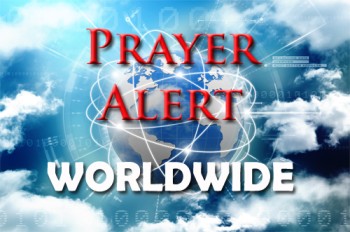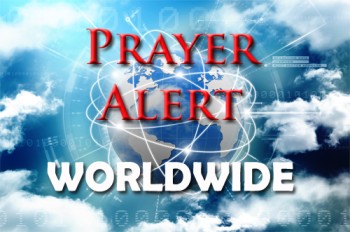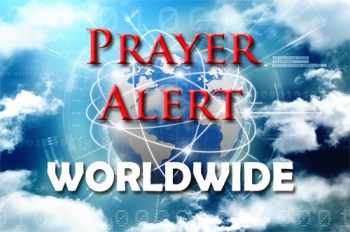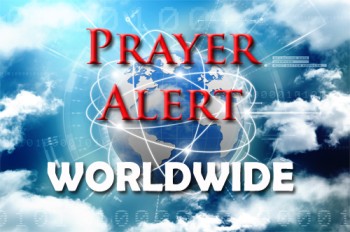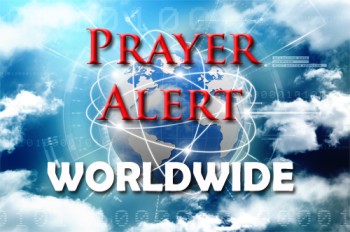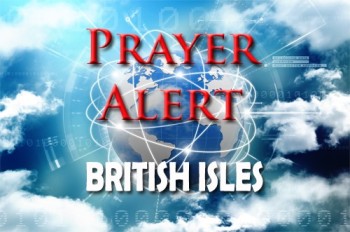Ukraine / Russia: diplomatic manoeuvres alongside military manoeuvres
This week has seen intensified Russian drone attacks on Ukrainian infrastructure and steady Russian advances in the Donbas region, balanced by Ukraine’s incursion into the Kursk region. Diplomatically, both sides continue to show a lack of willingness to compromise. China has reaffirmed its support for Russia through a high-profile visit by premier Li Qiang and a military delegation to Moscow. Meanwhile, India's prime minister Narendra Modi has made a significant visit to Kyiv, signalling India's complex position between its historical ties with Russia and growing relationships with Western nations. Although India has not condemned Russia's actions, Modi's visit to Ukraine and his emphasis on dialogue indicate a potential shift in India's stance. The USA also announced a new military aid package and additional sanctions targeting entities supporting Russia. The diplomatic landscape remains fluid, with all parties manoeuvring for strategic advantage on the global stage.
Starmer: ‘reset’ with EU will not reverse Brexit
Sir Keir Starmer has emphasised that his government's intention to improve relations with the EU does not equate to reversing Brexit. Speaking alongside German chancellor Olaf Scholz in Berlin, Starmer highlighted the desire for a closer relationship with Europe, focusing on trade, defence, and economic growth, while ruling out rejoining the single market or customs union. The discussions also included plans for a treaty aimed at boosting cooperation between the UK and Germany, particularly in areas such as energy security and science. While the EU has proposed a youth mobility scheme to allow young people to study and work across borders, Starmer clarified that the UK has no plans to adopt such a scheme but is open to enhancing educational and cultural exchanges. The discussions were welcomed by some as a step towards mending UK-EU relations, while others expressed concerns or called for more ambitious efforts to rebuild ties with Europe.
Red Sea: risk of oil spill from tanker attacked by Houthis
The MV Sounion, a Greek-owned oil tanker attacked by Yemen's Houthi rebels in the Red Sea, remains ablaze and could be leaking oil, according to the Pentagon. The tanker, carrying over one million barrels of crude oil, is at risk of causing one of the largest oil spills in history. The Houthis, who claim to be supporting Palestinians in the Israel-Hamas conflict, have been targeting ships in the Red Sea for the past ten months, allegedly sinking two vessels and killing two crew members. The Sounion was first attacked on 21 August, resulting in a fire that disabled its engine. Its 25 crew members were rescued by a European warship a day later. The Pentagon has expressed concern over the potential environmental disaster and reported that salvage operations have been hindered by further threats from the Houthis. Efforts are ongoing to mitigate the potential impact of the spill. Meanwhile, at least ten Palestinians have been killed in a major operation by Israeli forces in the occupied West Bank: see Breaking news: Israel and Hamas have agreed on brief pauses to the conflict to allow children to be vaccinated against polio.
USA: call for more help for stressed parents
Vivek Murthy, the US surgeon general, has issued a public health advisory addressing the growing mental health challenges faced by parents due to modern stresses. He is urging government bodies, businesses, and community organisations to bolster support for parents and caregivers. Among his key recommendations are expanded funding for parental support, the establishment of a national paid family and medical leave programme, ensuring paid sick leave, and increasing access to affordable mental health care for caregivers. Improving parents' mental health is crucial for addressing the broader youth mental health crisis. He also calls for employers to provide stress management training and for healthcare providers to screen parents for mental health conditions. He says that 48% of the nearly 63 million parents and caregivers in the USA report feeling overwhelmed and lonely, particularly single parents.



